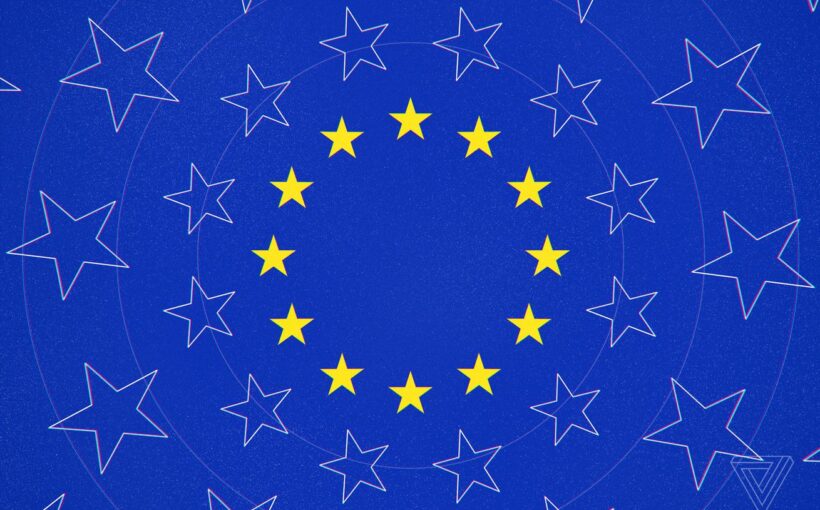BRUSSELS ― The European Commission presented a plan on Tuesday to funnel the proceeds from Russian assets frozen in the EU to help rebuild Ukraine.
But the proposal — which has to be unanimously approved by EU countries — is merely a first step in what will probably be a drawn-out process that means the war-torn country is unlikely to see the money anytime soon.
The issue is loosely tied to a wider discussion about a dedicated fund for Ukraine that will be held by EU leaders in a summit on Thursday and Friday.
For months, EU officials have been exploring ways to skim off the earnings from assets worth some €200 billion that were immobilized in the EU since Vladimir Putin’s invasion of Ukraine in February 2022.
As Russian securities reach maturity and are reinvested by financial intermediaries, they generate a profit. The EU wants to target those revenues, said an EU official who was granted anonymity as they were not allowed to speak on the record.
The Commission’s initial proposal would force the proceeds of invested assets to be deposited in a separate account of the clearinghouse ― financial institutions that facilitate transactions ― where they are held.
Once that is agreed, the EU executive would have to put forward a second proposal to trigger the transfer of cash to the EU budget and then to Ukraine.
Interest rates
The European Central Bank has expressed concerns about the plan to use the proceeds of frozen assets, warning that it could cause instability in the euro currency. Going after the revenues is seen as a legally safer option than a full-scale handover of assets.
“The active discussion is around the interest rates … from a legal standpoint the interest rate does not belong to Russia,” Vladyslav Vlasyuk, an adviser to Ukrainian President Volodymyr Zelenskyy, told POLITICO. “So these are not sovereign funds, strictly speaking,” He estimated that this move would generate around €3 billion per year.
Russian foreign reserves were frozen by countries participating in sanctions at the onset of Moscow’s war on Ukraine and the majority sit in the EU. The Commission’s proposal would target €180 billion worth of frozen assets that are with Belgium’s Euroclear, a clearinghouse acting as a custodian for Russian reserves.
Commission President Ursula Von der Leyen stressed that the proceeds from Russian frozen funds should finance the long-term reconstruction of Ukraine, which is estimated at $411 billion by the World Bank.
The EU’s proposed wider Ukraine fund has been designed to provide €33 billion of loans and €17 billion of grants to Ukraine until 2027, but is currently blocked by Hungary.


